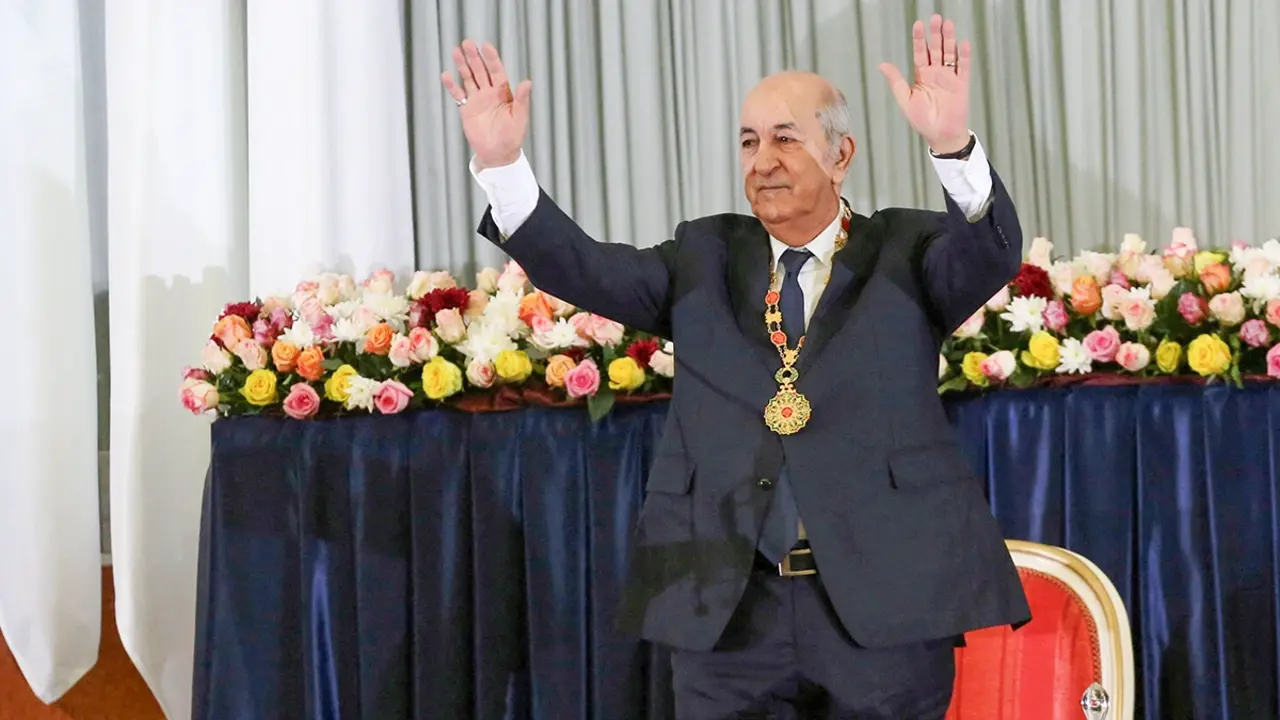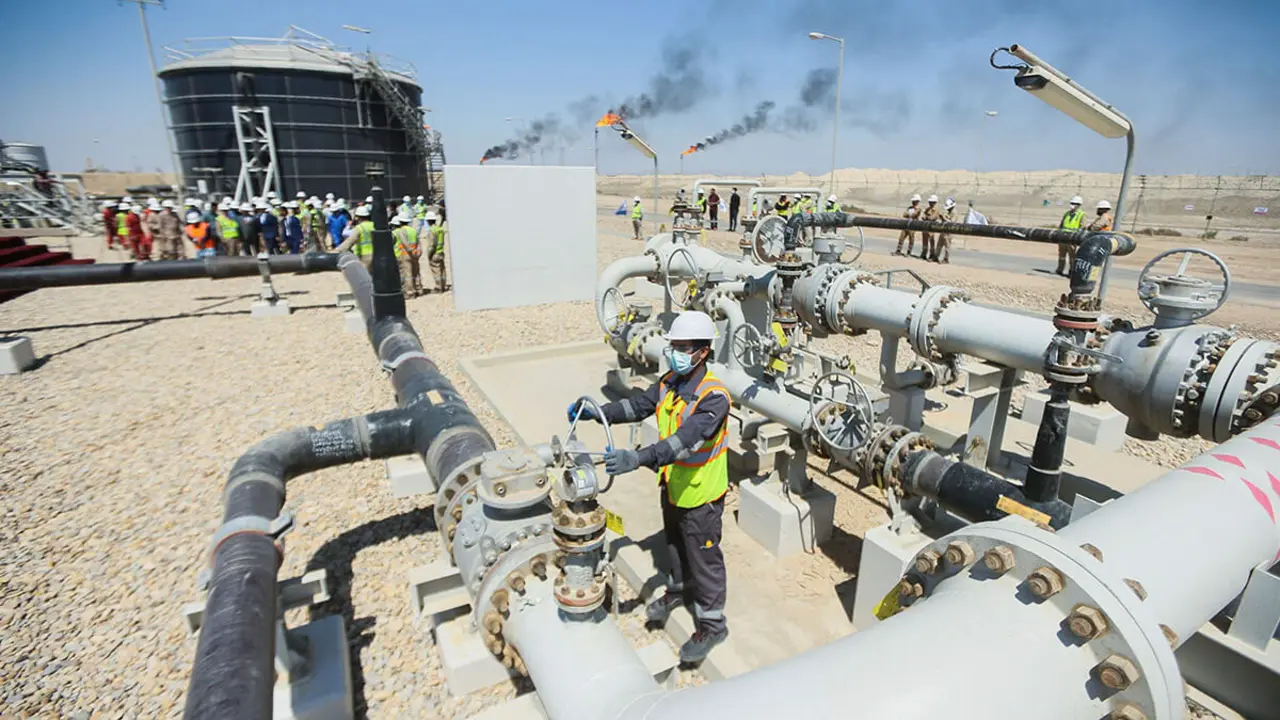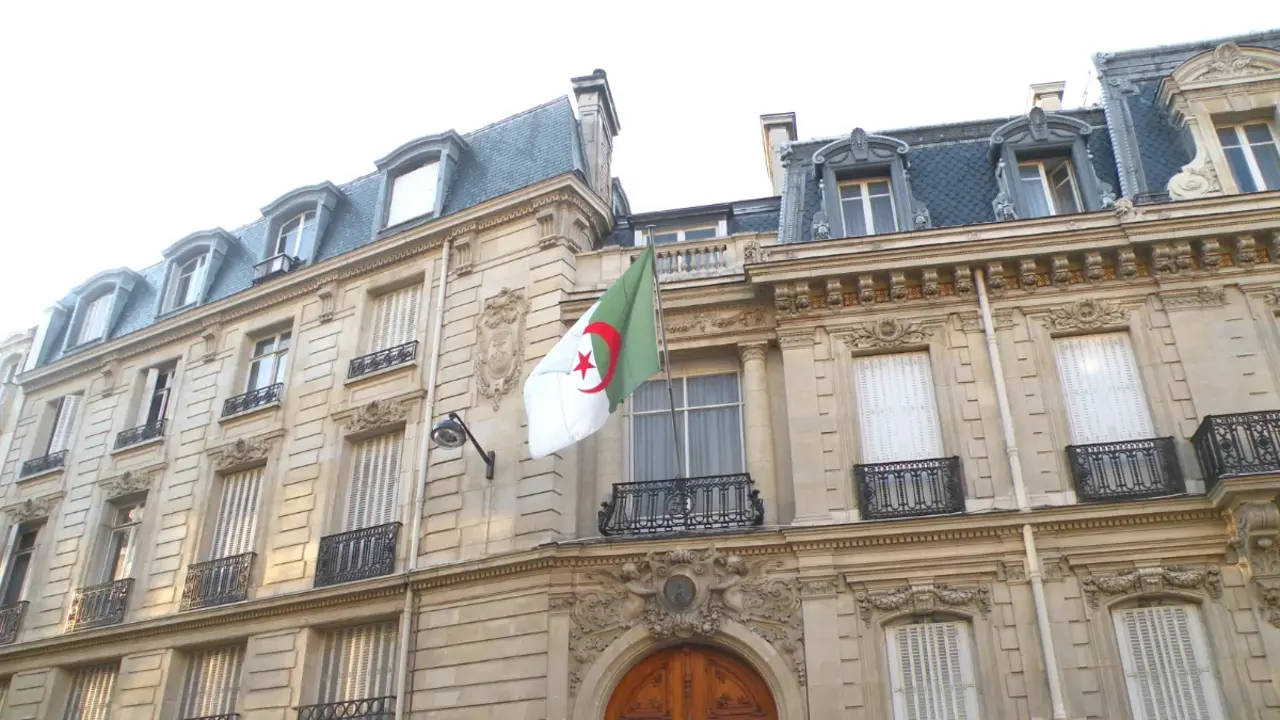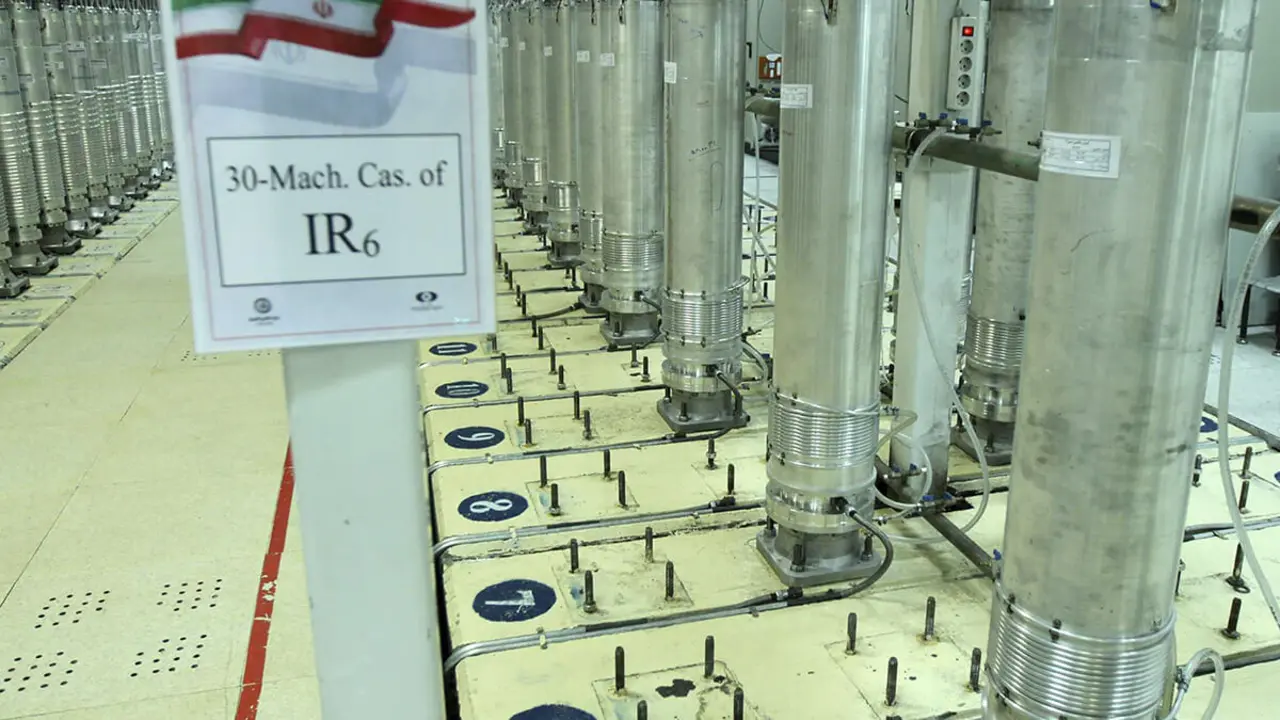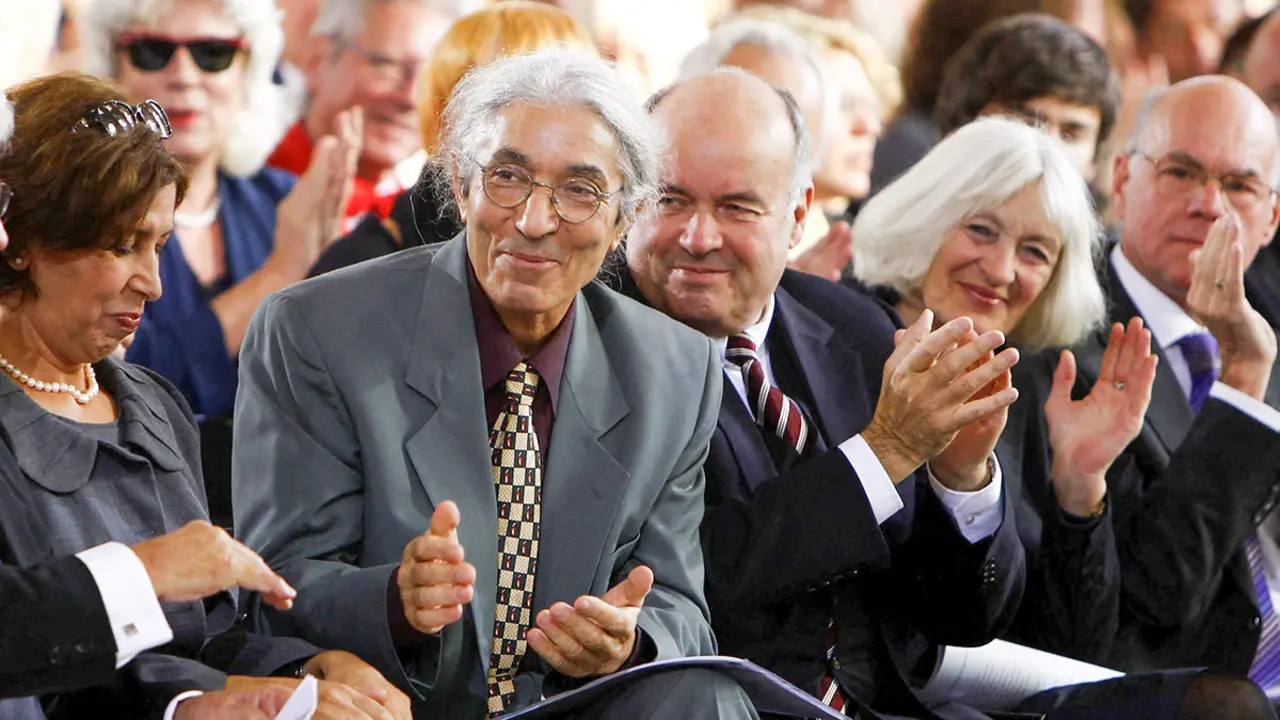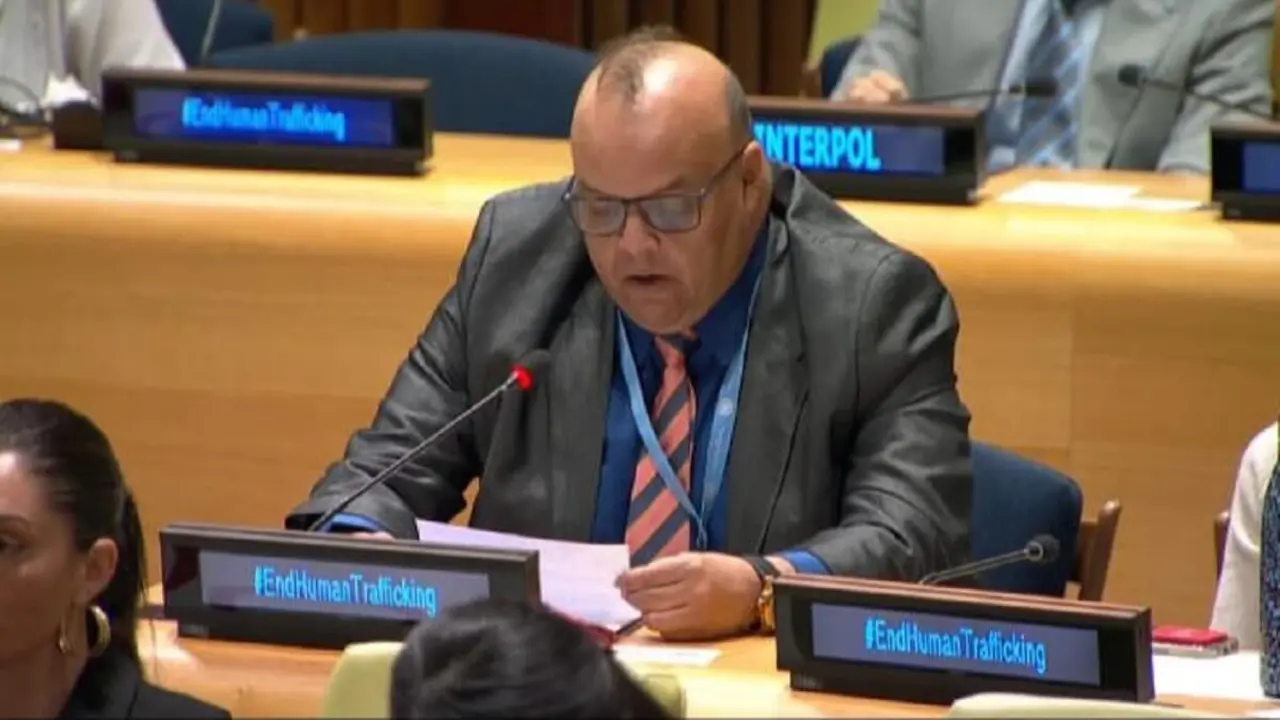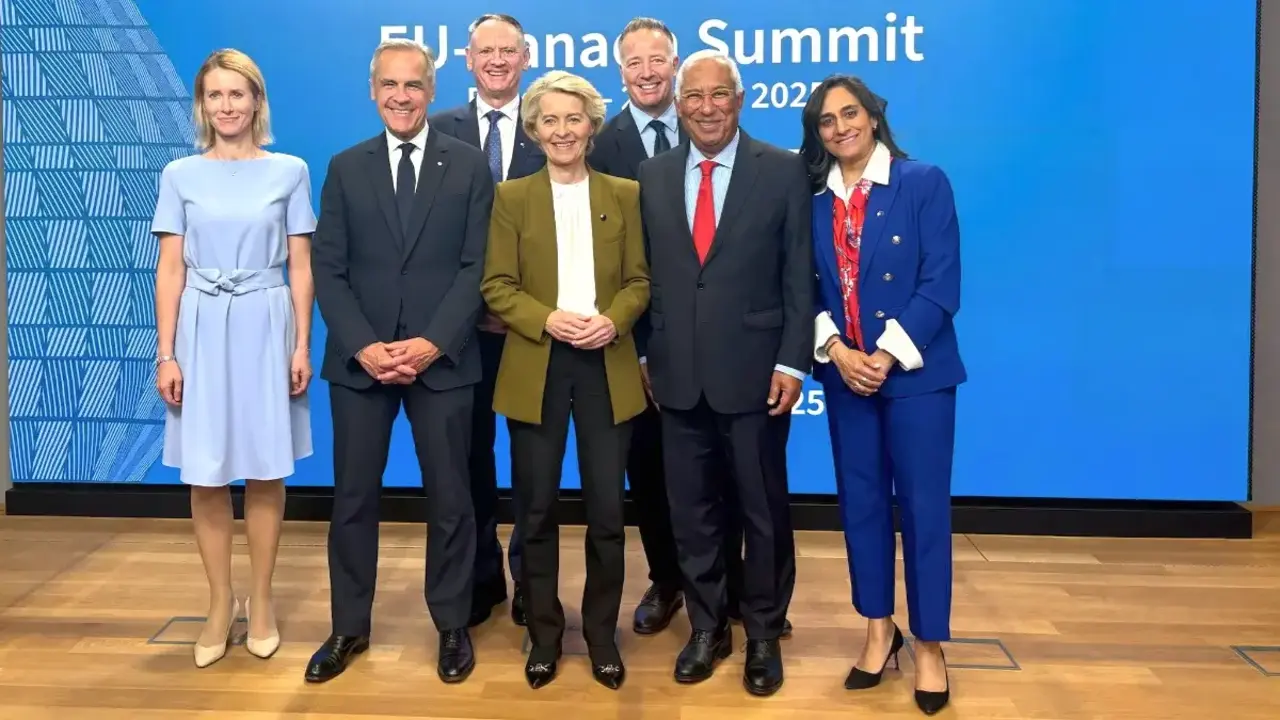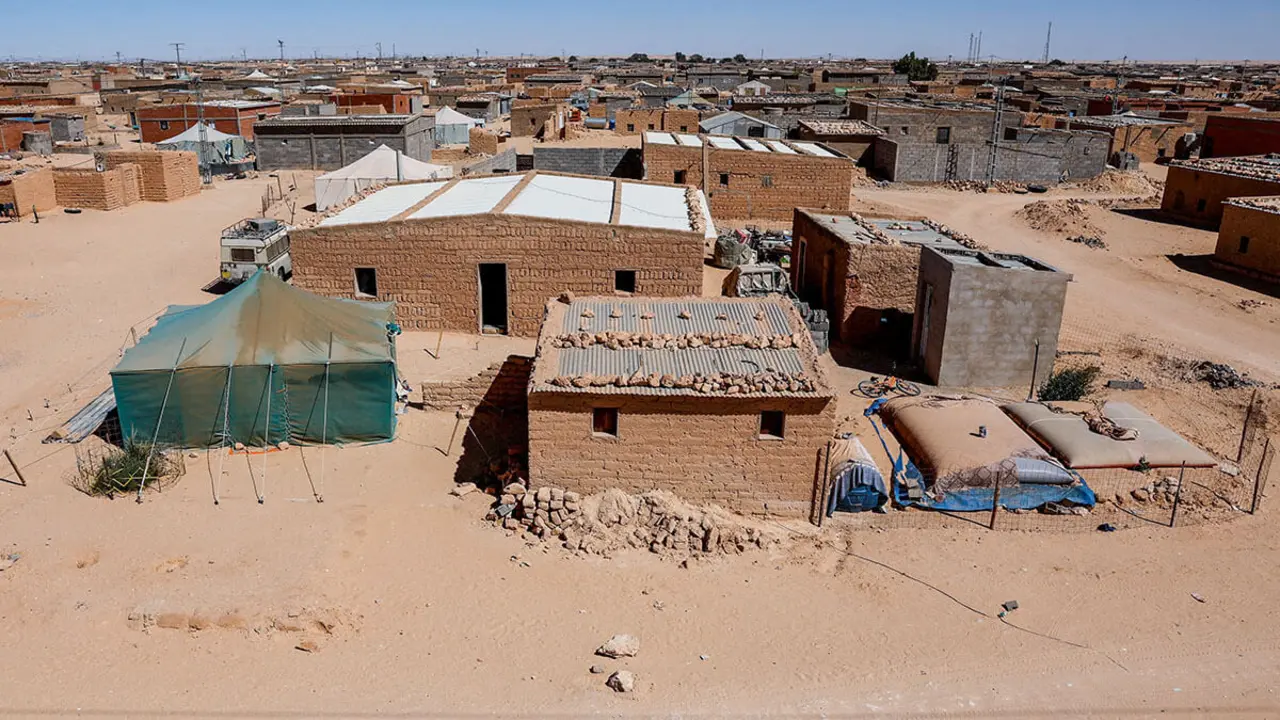No agreement on December elections in Libya
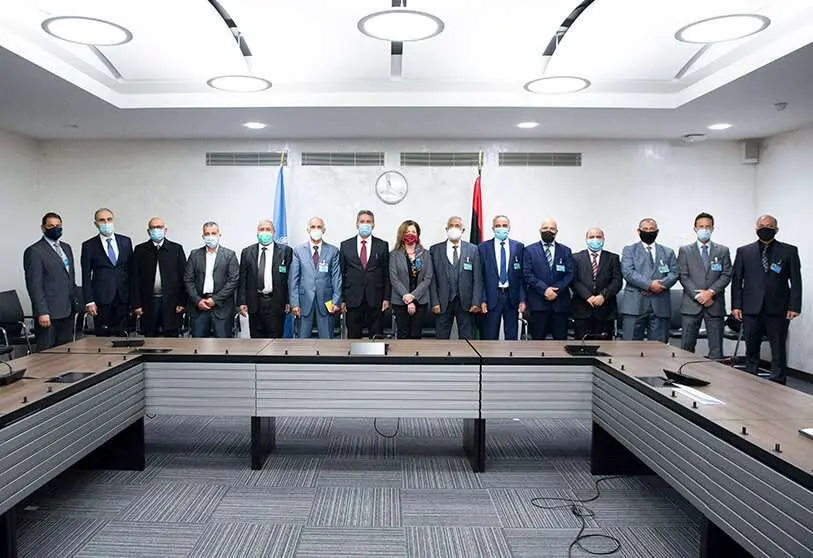
The latest Geneva talks on Libya have failed to reach agreement on elections to be held in December. The Libyan Political Dialogue Forum (LDPF) was supposed to establish a constitutional basis for the elections by 1 July, but in the face of so many proposals, the negotiators were unable to reach a common ground. For this reason, the Forum has decided to extend the talks for a few more days. For the UN, this extension of the negotiation process "does not augur well for the credibility and future relevance of the LDPF".
"The Committee has just reported that no agreement could be reached. It is regrettable that despite all the possibilities there are still no points of convergence. The people of Libya will feel cheated because they are still waiting to exercise their democratic rights in the presidential and legislative elections on 24 December," said Raisedon Zenenga, coordinator of the UN Support Mission in Libya. As Zenenga reported, the negotiations have been conducted in a tense atmosphere, with some of the delegates threatening to walk out of the dialogue. "There was a lot of tension in the session, which is understandable given that the unity, stability, peace and sovereignty of Libya are at stake, but disrespectful behaviour and personal attacks should not be tolerated," said Jan Kubis, special envoy for Libya.
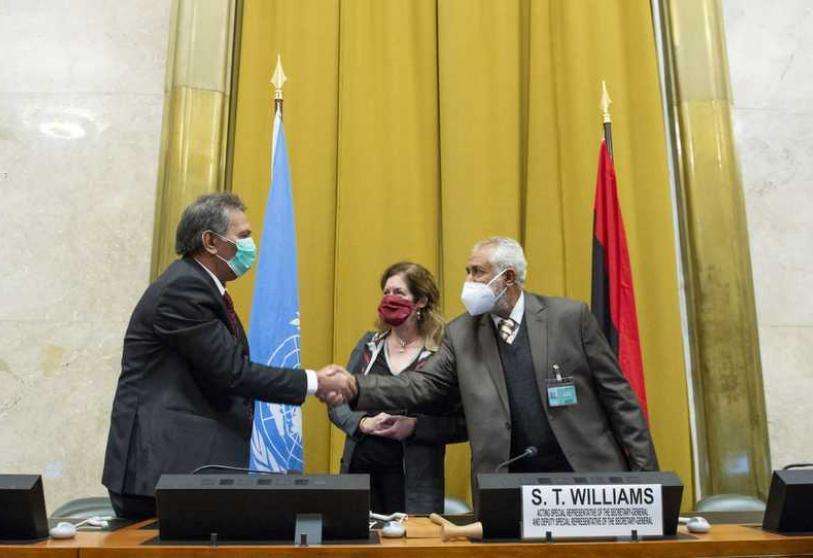
"National reconciliation starts here, with their behaviour and actions, and inclusive, free and fair elections are also part of this healing process," the UN diplomat added. Libya's power is now in dispute following the recent election of Abdul Hamid Dbeiba's transitional Government of National Unity (GoNU) to run the country until the next elections, and after the struggle between the Turkey, Syria and Qatar-backed Tripoli Government of National Accord and Khalifa Haftar's Libyan National Army, backed by the United Arab Emirates, Russia and Egypt. In 2014 Haftar ordered the dissolution of the Muslim Brotherhood-dominated Congress. When lawmakers refused, Haftar set up a parallel government to confront the Tripoli government, sparking a civil war.
Sources told the Middle East Monitor that there are three tendencies within the Libyan Political Dialogue Forum. Some members prefer to hold a referendum on the current constitution before the elections; others advocate amending the constitution; and a third group supports elections and then ratifying the constitution.
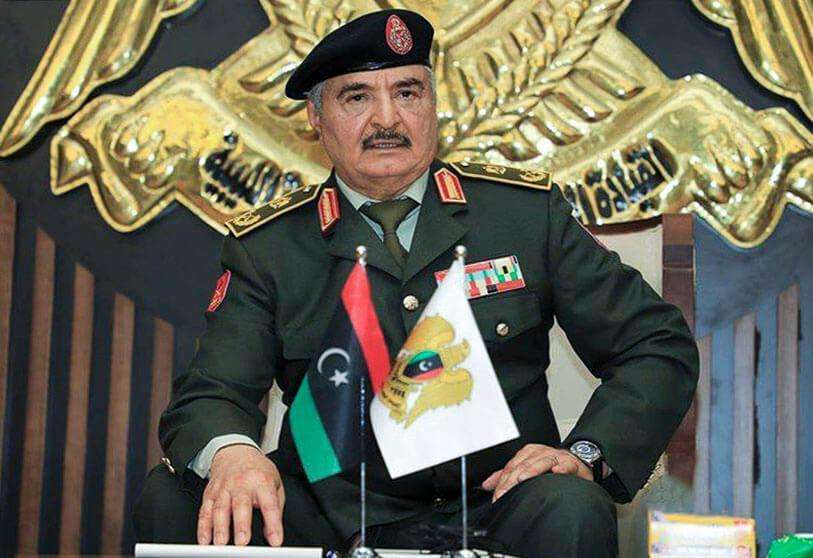
Some analysts or institutions, such as the Geneva Centre for Political and International Studies, predict that the December elections will eventually be postponed. However, there are those within the dialogue who still hold out hope for an agreement, such as delegate Lamees Bensaad. "I am optimistic that there will be consensus," she said. Elham Saudi, another member of the LDFP holds a similar view to Bensaad: "This is not the outcome that many of us were hoping for, but it is the best outcome given the options that were on the table and the inability of the UNSMIL (the UN mission in Libya) leadership to keep the talks on track".
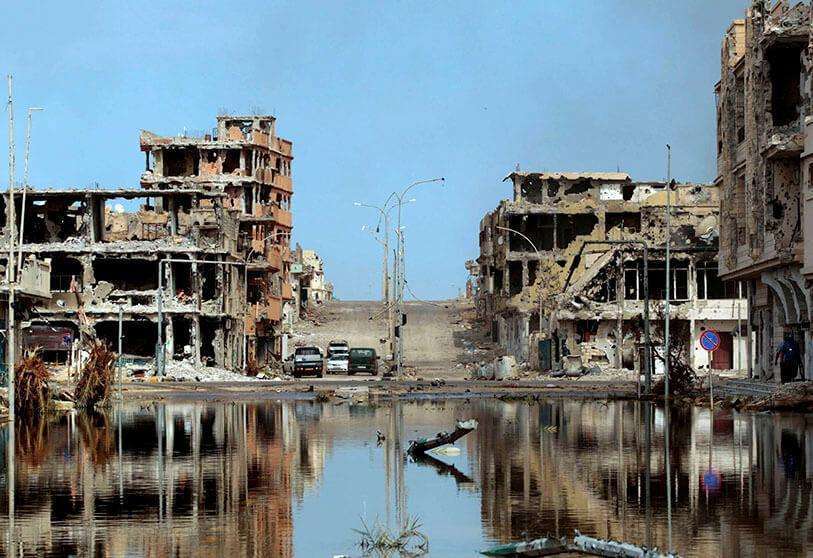
These talks in the Swiss city follow the Libya Conference in Berlin on 23 June. The summit addressed three key points in the peace process: the December elections, the withdrawal of foreign troops and international monitoring. US Secretary of State Antony Blinken endorsed the December elections, stressing the goal of a 'sovereign, stable, unified and secure Libya, free from foreign interference'. According to various UN reports, up to 20,000 mercenaries from countries such as Sudan, Chad and Syria are fighting in Libya.
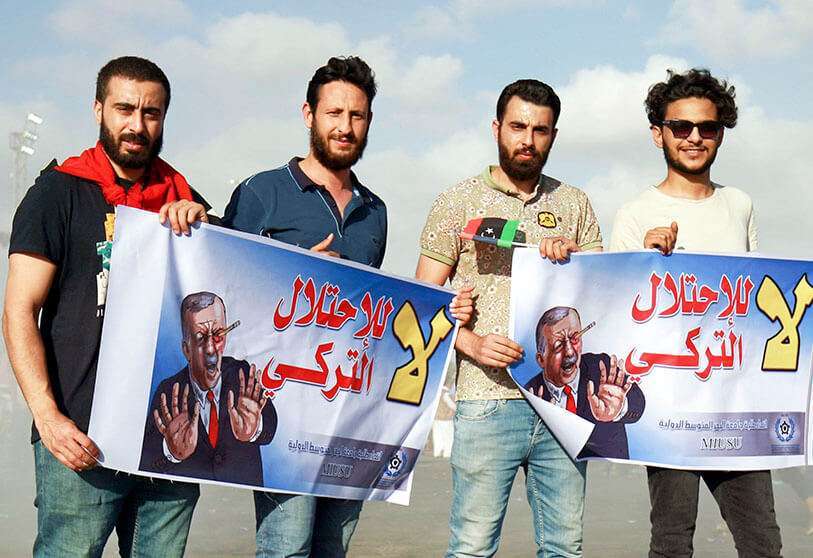
Since the uprising against Muammar al-Gaddafi in 2011, Libya has been mired in instability. The country has also served as a chessboard for other foreign powers seeking to gain influence in the region, such as Turkey and Russia. Last October, the country's forces agreed to a ceasefire and participants in the UN peace talks set a date for elections. These elections would be a major step in international efforts to establish security and peace in the country, where many armed groups still hold sway. However, the possibility that these elections, which would be a major turning point in the Libyan situation, could be postponed would mean a stalemate in the peace process.

